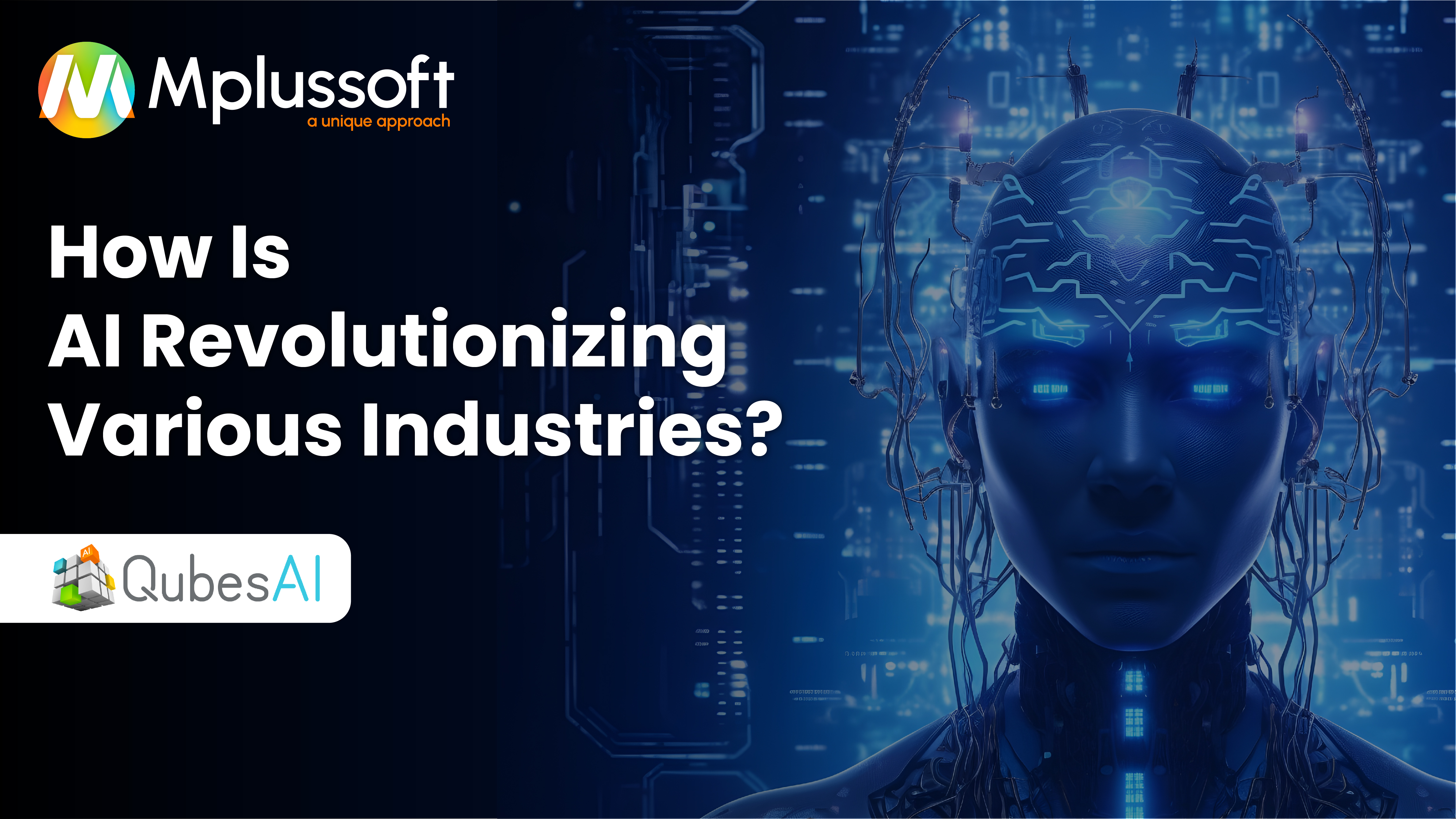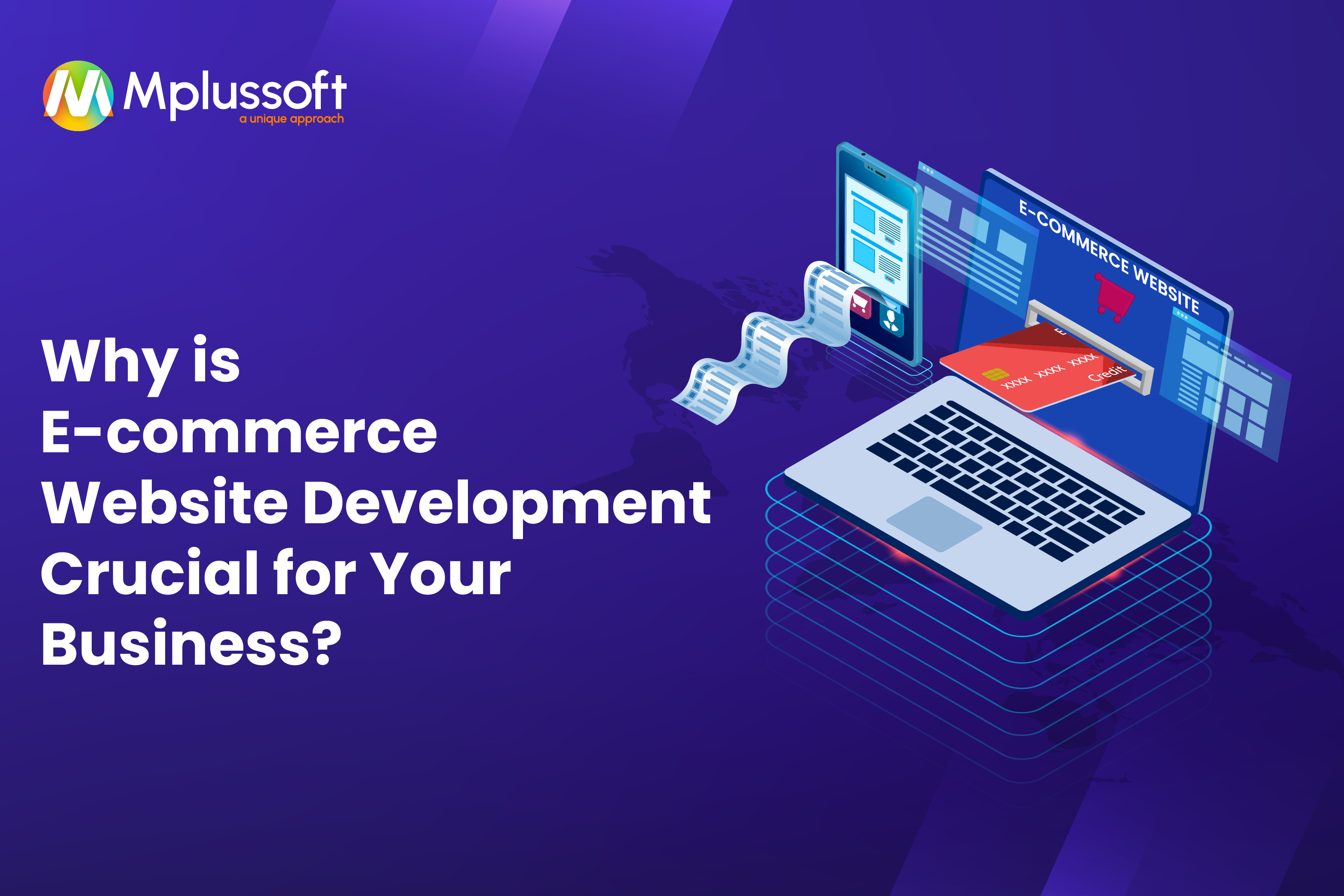The Future of ERP: Emerging Trends and Technologies
Artificial Intelligence (AI) is transforming the landscape of Enterprise Resource Planning (ERP) systems by enhancing their capabilities and functionalities. AI-driven ERP solutions offer advanced analytics, predictive insights and automation, which streamline business processes and improve decision-making. As a leading ERP Software Company in Pune, Mplussoft is at the forefront of integrating AI technologies into ERP systems to provide businesses with intelligent tools that optimize operations and drive growth.
AI-powered ERP systems can analyze vast amounts of data to uncover patterns and trends, enabling businesses to make informed decisions quickly. For instance, predictive analytics can forecast demand, optimize inventory levels and identify potential supply chain disruptions. Additionally, AI-driven automation reduces manual tasks, increases efficiency and minimizes human errors, allowing employees to focus on more strategic activities.
How Are Cloud-Based ERP Solutions Shaping the Future?
Cloud-based ERP solutions are growing in popularity because of their affordability, scalability and flexibility. These systems let companies use any internet-connected device, anywhere, at any time, to access their ERP software. As a prominent CRM & ERP Software Company in Pune, Mplussoft offers robust cloud-based ERP solutions that cater to the evolving needs of modern businesses.
One of the significant advantages of cloud-based ERP systems is their scalability. Businesses can easily scale their ERP solutions up or down based on their requirements without the need for significant investments in infrastructure. This flexibility ensures that companies can adapt to changing market conditions and business demands efficiently.
Moreover, cloud-based ERP systems offer enhanced data security and disaster recovery capabilities. With data stored in secure, remote servers, businesses can safeguard their critical information and ensure continuity even in the event of local hardware failures or disasters. This reliability is crucial for maintaining business operations and ensuring data integrity.
What Role Does Integration Play in Modern ERP Systems?
Integration is a critical aspect of modern ERP systems, enabling seamless connectivity between various business functions and external applications. An integrated ERP system allows for real-time data sharing across departments, improving collaboration and enhancing overall business efficiency. As a leading CRM Software Company in Pune, Mplussoft specializes in developing ERP solutions that offer seamless integration capabilities.
Integrated ERP systems facilitate the smooth flow of information between different business processes, such as finance, human resources, supply chain, and customer relationship management (CRM). This connectivity ensures that all departments have access to up-to-date information, reducing silos and enhancing decision-making.
For example, integrating CRM with ERP systems provides a comprehensive view of customer interactions and transactions. This integration enables businesses to deliver personalized experiences, improve customer satisfaction and drive sales. Similarly, integrating supply chain management with ERP systems allows for better inventory control, demand forecasting, and supplier collaboration.
In conclusion, the future of ERP is being shaped by emerging trends and technologies such as artificial intelligence, cloud computing and seamless integration. These advancements are enhancing the capabilities of ERP systems, making them more intelligent, flexible and efficient. As a leading ERP Software Company in Pune, Mplussoft is committed to staying at the forefront of these developments, providing businesses with cutting-edge ERP solutions that drive growth and success in the modern digital landscape.



